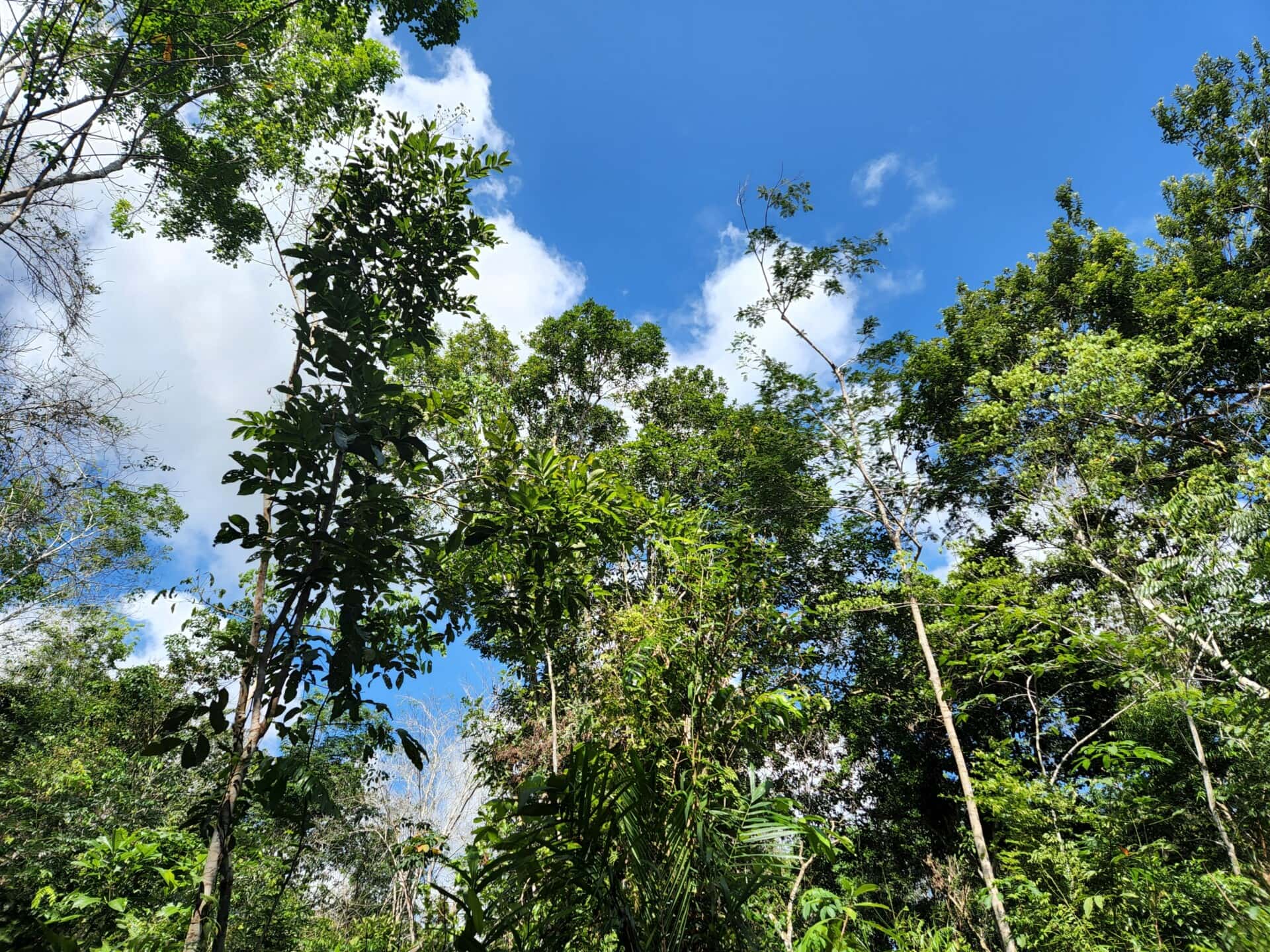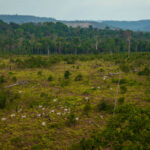Banking on palm oil in Southeast Asia

A new report by Aidenvironment’s partner Gulzhan Musaeva examines the exploitation of land resources by the palm oil sector and the role of banking institutions in this process. The report focuses on the two leading producing nations of Southeast Asia, Indonesia and Malaysia, and neighbouring Singapore. The biggest local financiers — whose exposure to forest-risk sectors is among the highest in the world — have been evaluated on their overall progress in the area of sustainable finance and palm oil specific policies.
The report provides an overview of the recent efforts by both policymakers and the private sector to manage systemic environmental, social and governance (ESG) risks. Financial regulators have increased efforts in providing guidelines for the industry to use in their risk management. Indonesian banks have had to respond with sustainable finance plans this year and start reporting accordingly. The Singaporean banks are advancing on the ESG front voluntarily while simultaneously appearing to distance themselves from palm oil. Progress on the financial sector’s climate action in Malaysia is difficult to ascertain as leaders and the laggards are separated by a deep divide.
For the palm oil sector in Southeast Asia (and elsewhere), banking acts as a prime enabler, a financial lifeline, but also a source of validation that can drive more business. It is critical that banks — especially those with ESG policies and ambitions — scrutinize companies that they work with. By now, the region’s largest financial institutions acknowledge their role in commodity-linked environmental and social crises and recognise heightened risks particularly in palm oil. Despite this, the quality of financial institutions’ policies is a mixed bag (Table 1). Less than half of sample banks assessed in the report (Chart 1) explicitly prohibit deforestation, peat development or exploitation of communities and workers — collectively referred to as No Deforestation, No Peat, No Exploitation (NDPE). Other topics such as smallholders, third-degree suppliers, grievances, and forest footprint are hardly covered in policies.


RECOMMENDATIONS
While improving policies is imperative, the more complicated yet crucial exercise is ensuring policies are properly and fully implemented, which, given the absence of much disclosure to the contrary, banks seem to be struggling with. This calls for a rethink of strategies and a shift of efforts from reaction to prevention. For one, NDPE must become a requirement, not an option, for all clients. It ought to be recognised that engagement as the principal pathway does not advance the sustainable financing agenda for the sector. Also, policies, once established, have to be converted into functional internal procedures, which is another area at an early stage of development.
It is essential that forests and biodiversity start being treated on par with climate issues, which currently dominate. Conditional finance in the form of sustainability-linked products should be extended to projects averting forest clearance as well as restoring ecosystems. By incentivising companies to meet zero-deforestation criteria, banks will attract flows from the growing pool of natural capital investors.
Better enforcement could mean going against the grain, bypassing certain practices of traditional customer relations. Client confidentiality, notably, is a major hurdle to transparent reporting. However, revealing lending relationships when necessary is both technically and legally plausible.
Crucially, it is economically sensible that banks collaborate and align their forest-risk policies to a shared standard in order to split the costs and due diligence expertise. It could contribute to scaling sustainable finance for soft commodities and eventually even galvanise global systemic support for NDPE compliance across commodities.
For more information, please reach out to Chris Wiggs.

